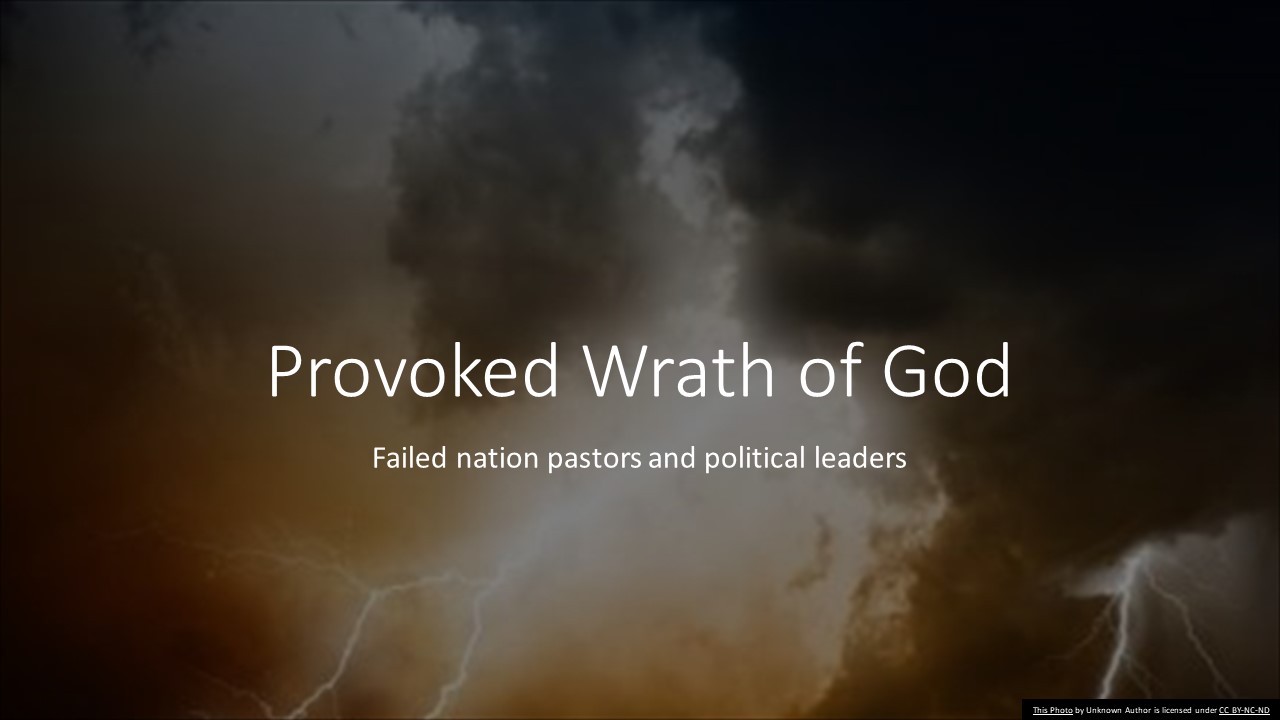 Loving one another is the greatest thing that is required of us. Love is better than gold sympathy is better than property. This world is full of sorrow because it is full of sin and evildoer. It is a dark place, it is a lonely place, it is a disappointing place the brightest sunbeam in it is to have love. Love halves our troubles and doubles our joys. If we can listen to God, there is no fear in love. Perfect love drives out punishment. The one who fears is not made perfect in love. We love because God first love us (1 John:18-19). Gods love breathes grace, strength, hope, and peace. Above all let us love each other deeply because love covers over a multitude of sins (1 Peter 4:8).
Loving one another is the greatest thing that is required of us. Love is better than gold sympathy is better than property. This world is full of sorrow because it is full of sin and evildoer. It is a dark place, it is a lonely place, it is a disappointing place the brightest sunbeam in it is to have love. Love halves our troubles and doubles our joys. If we can listen to God, there is no fear in love. Perfect love drives out punishment. The one who fears is not made perfect in love. We love because God first love us (1 John:18-19). Gods love breathes grace, strength, hope, and peace. Above all let us love each other deeply because love covers over a multitude of sins (1 Peter 4:8).
Why is God wrathful? Because people are evil and wicked. Most preachers and most composers of prayers today treat the biblical doctrine of the wrath of God very much as the Victorians treated sex. It is there in the bible, but it must never be referred to because it is in an undefined way shameful. …God is love; therefore, we must not associate him with wrath. God is love; therefore, he is indefinitely tolerant. Presumably it is for such reasons that the Christian churches of the twenty first century have in practice turned their backs upon the biblical doctrine of the wrath of God.
The problem with today’s theology and preaching is not that the wrath of God is exaggerated but rather that it is muted or even suppressed (Luke 21:23; John 3:36; Rom. 2:5, 8; Eph. 5:6; Col. 3:6; 1 Thess. 2:16). The wrath of God is not just taught in the Bible, it is a prominent truth in the Scriptures. God’s wrath is always provoked by man’s or leaders of a church, mosque and nation’s unrighteousness (Deuteronomy 4:25; 9:18; Jeremiah 25:6-7; 32:32).
The wrath of God is His eternal detestation of all unrighteousness. It is the displeasure and indignation of Divine equity against evil, bloodsheds, and corruptions. It is the holiness of God stirred into activity against sin. It is the moving cause of that just sentence which He passes upon evil-doers (example, the political leader of a country). God is angry against their unrighteousness be it Muslims, Christains, and Traditional religions because it is a rebelling against Gods authority, a wrong done to His sacred sovereignty. Insurrectionists against God’s government shall be made to know that God is the Lord. They shall be made to feel how great that Majesty is which they despise, and how dreadful is that threatened wrath which they so little regarded. Not that God’s anger is a malignant and malicious retaliation, inflicting injury for the sake of it, or in return for injury received
There are people who assume that since God is a God of love He would never get angry at anything or anybody. But when one reads the Bible he discovers that God does get angry, He gets angry at sin an evil political rulers, pastors etc. God’s anger, however, is always under control and is always righteous.
Behold, the name of the Lord comes from afar, burning with anger, and his burden is heavy; his lips are full of indignation, and his tongue like a devouring fire; his breath is like an overflowing stream, which reaches up to the neck, to sift the nations with the sieve of futility (Isaiah 30:27,28).
Sometimes God’s anger is vented toward individuals and a nation. There are other times when He is angry at the nation Israel, and on other occasions His wrath is against those nations who try to destroy Israel. The psalmist records God’s anger at the individual:
Your fierce wrath has gone over me; your terrors have cut me off (Psalm 88;16) God expressed anger at the nation Israel for disobeying Him. And the Lord said to Moses, ‘I have seen this people, and indeed it is a stiffnecked people! Now therefore, let me alone, that my wrath may burn hot against them’ (Exodus 32:9,10). The prophet Ezekiel records God’s anger at Philistia, one of the nation’s seeking to destroy Israel:
I will execute great vengeance on them with furious rebukes; then they shall know that I am the Lord, when I lay my vengeance upon them (Ezekiel 25:17). Since God is a God of love why would He be so offended at sin? It must be remembered that God is also righteous and holy. Sin is offensive to God because His nature is one of perfection. We must stress, however, that God is a God of mercy and forgiveness. When individuals or nations repent of their sin God is willing and able to forgive them of that sin. His anger turns to forgiveness when people come to Him with humble hearts. God has said!
Man is the neediest creature on earth because of his sin and evil deed. There is no need so great as that of sinners: poverty, hunger, thirst, cold, sickness. Evildoer and sinners need deliverance from guilty conscience and death. The true extent of a man’s love must be measured by his love for others not his integrity because love encompasses the whole thing including integrity.
A true leader of love would be willing to make sacrifices for you not the political pastors and religious leaders that are full of deceit and accumulation of riches. We live in the world where all things are temporary and passing away, it is good for us to all realise them and take them to heart. The houses we live in, the home we love, the reaches we accumulate, the job we do, the plans we form, the relationships we enter, the position of authority we want to die for are only for a time. These things are only temporary. “The fashion of this world passeth away” (1Corithians 7:31)
God’s wrath is not an embarrassment to Him. He need never be ashamed, like men, for losing His temper. God’s wrath is inseparably linked with His glory. God brings glory to Himself when He exercises His wrath. God’s wrath is provoked when men rebel against His Word. After God brought the Israelites out of Egypt, He gave them His laws to guide and govern their conduct so they might be a holy people in whose midst He would dwell (Deuteronomy 28:1-14). Similarly to what is going in the world of today, following the corruptions, rigging and trade money of the corrupt leaders during the election (mostly in Africa) when they get in to the position of authority (successfuness in election) they turn an evildoer.
Jesus himself was angered by the way the Jewish religious leaders had commercialised the worship at the temple, and thus He cleansed the temple of the money changers both at the beginning (John 2:13-17) and at the end (Matthew 21:12-13) of His public ministry. He also had some sarcastic words of rebuke for the scribes and Pharisees. The “woe’s” of this text are a pronouncement of divine wrath: The wrath of God should make us uncomfortable with sin. In addition, we should never forget that our sin resulted in the suffering and agony. The world leaders should have a rethink mostly those pastors involving in politics in Africa.





Good post. I learn something totally new and challenging on blogs I stumbleupon everyday. It will always be interesting to read articles from other authors and practice a little something from their sites. Doralin Aldwin Pinckney
You made some good points there. I looked on the net for more information about the issue and found most people will go along with your views on this site. Brit Vidovik Carilyn
I really like it when folks come together and share views. Great site, keep it up! Marris Warden Brainard